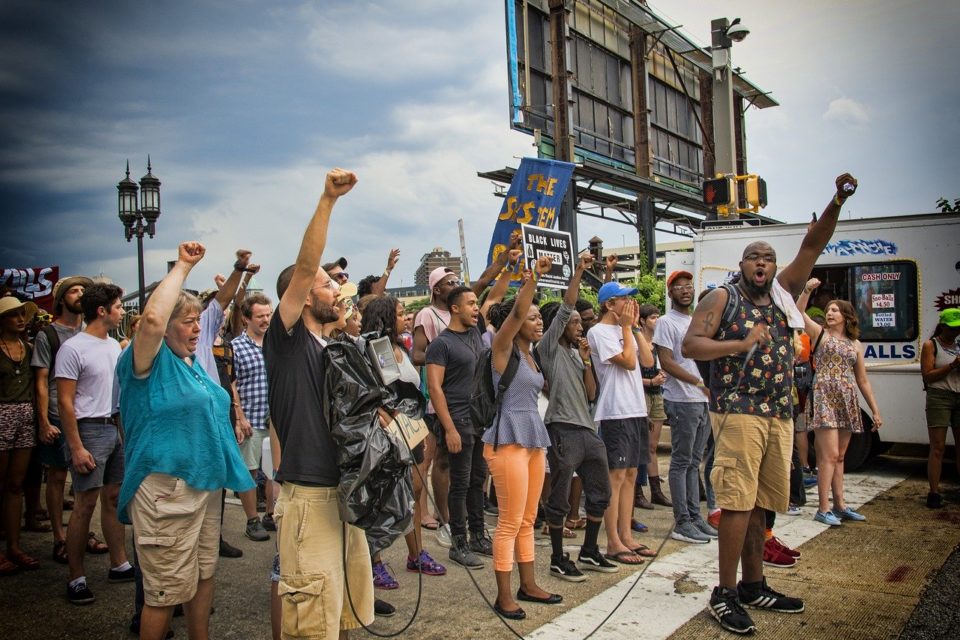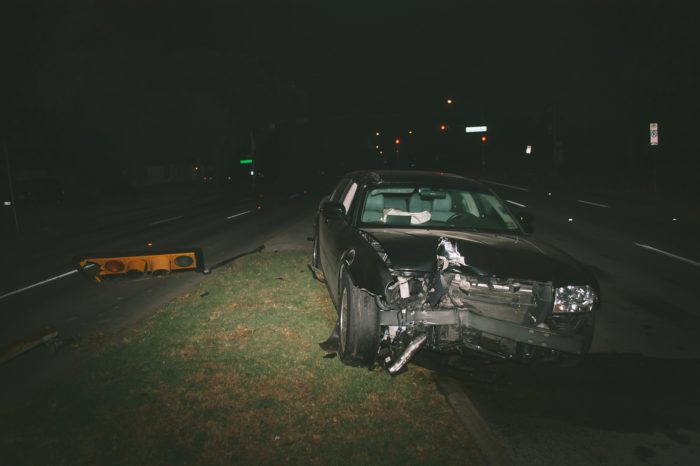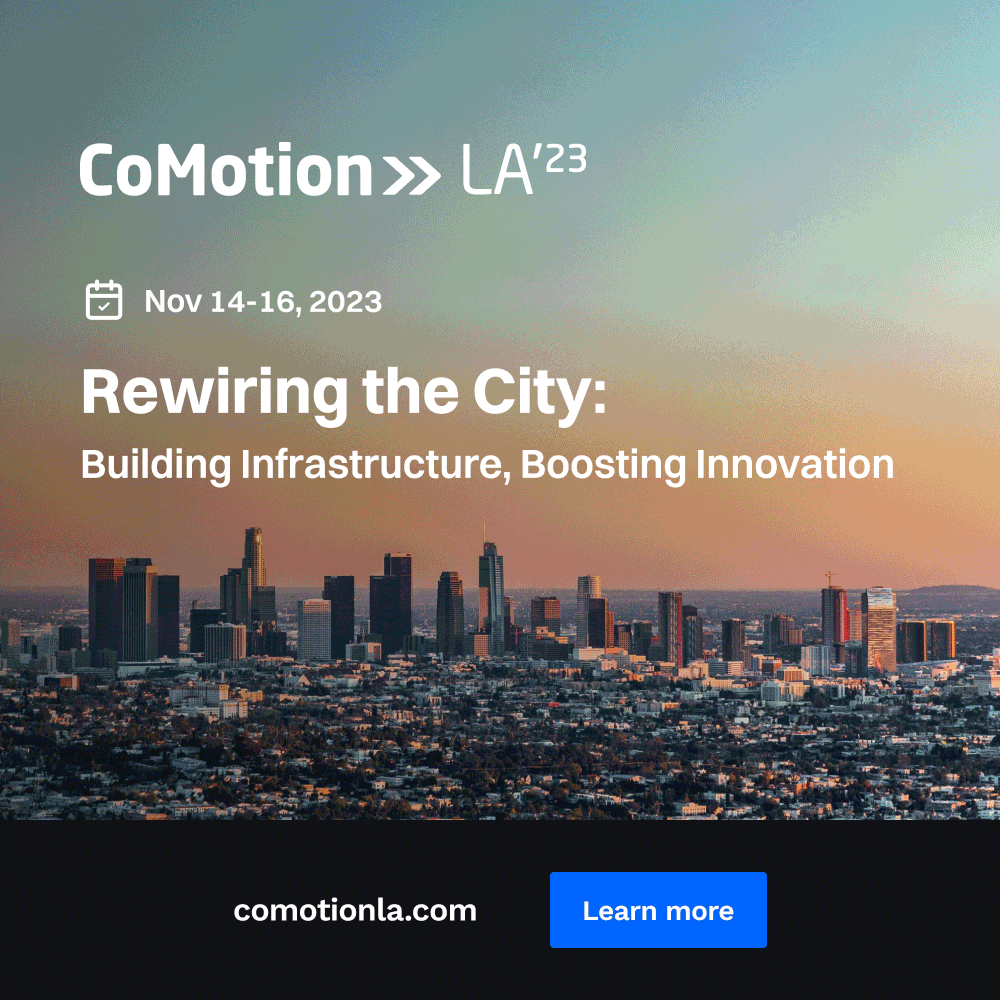Urbanism Advocates Sound Off in Response to Systemic Racial Injustice

In cities across America, people are taking to the streets to protest racial injustice. While the recent senseless death of George Floyd, as well as a white woman’s aggressive confrontation of a black bird-watcher in New York’s Central Park, have brought renewed energy to the Black Lives Matter movement, the incidents echo those of countless others that have happened for too long in towns and cities all over the United States. The scale of the current uprising has driven many across the mobility, urbanism and planning fields to try to address their own blindspots when it comes to race, especially the intersection between “open” streets, and racial equity. Some of the industry’s leading voices have now weighed in with how to attempt to address these issues.
- Streetsblog’s “Streets Need to Be Safe for Black Lives, Too” speaks to how advocating for safer streets and sustainable transportation is about more than just protecting pedestrians and serving neglected communities. Safer streets need to be about advocating against hate-motivated harassment and assault.
- Greater Greater Washington’s “No Streets Are Safe Until They Are Safe For All” touches on the new ways we must advocate for public space and mass transportation. In trying to change our infrastructure for the better, we must not forget those who are profiled, threatened, attacked, and killed while simply moving about the city. This is followed by a companion piece entitled “Urbanist Organizations Speak out About Racial Justice and White Supremacy.” The latter piece touches on the blind spots many have towards how public spaces are used (or not used) by people of different races and ethnicities.
- Curbed LA’s “What L.A. Could Do With Its $1.8 Billion Police Budget” takes a look at the massive budget allotted to the LAPD. If only a portion of that tremendous budget went towards housing, parks, and transportation, some of those most downtrodden could directly benefit from those funds. While shifting money around won’t dismantle country-wide structural racism, it’s certainly a meaningful place to start.
- CityLab’s “The Toxic Intersection of Racism and Public Space” frames the issues of racism in shared spaces around the story of when bird-watcher and black man Christian Cooper asked that white woman Amy Cooper (no relation) to put her dog on a lease, in compliance with the park rules. She responded by calling the police and lying that Christian was threatening her. As crowded public spaces are feeling smaller and smaller in the wake of coronavirus, people of different backgrounds, races and socioeconomic statures need to learn how to peacefully coexist. CityLab has another thought-provoking story covering how “In Minneapolis and NYC, Bus Drivers Are Refusing to Drive Arrested Protesters,” highlighting how bus drivers are fighting back against police attempts to use their vehicles to transport those arrested for breaking protest-related curfews.
- Planetizen shines a light on planners and urbanists in a story titled “Violence Against Black Americans a Moment of Reckoning for the Planning Profession.” Progressive planners focused on equality have a message for their colleagues: many recent planning innovations touted as victories for social and environmental justice are actually just perpetuating institutional racism, despite good intentions.
- ArchDaily offers an insightful look at how “Architecture Must Recognize the Debate Around Race and Gender.” Brazil’s Stephanie Ribeiro, a black feminist activist and architect, offers a personal take on the issues in her field and shares thoughts from other female voices in the space. All of them have a common goal, to avoid their industry’s tendency of serving the rich while casting aside the needs of the poor.
- Governing has a powerful essay that highlights “A Shattered Complacency: When Silence Equals Violence.” Written by a white American, the piece serves to prod fellow countrymen to speak up now, when it is needed the most. Anti-racism requires action, and the country’s downtrodden need a majority of Americans to speak out against police brutality and police murders of black men to pressure the system to change. The author calls to mind the famous Edmund Burke quote: “The only thing necessary for the triumph of evil is for good men to do nothing.”



